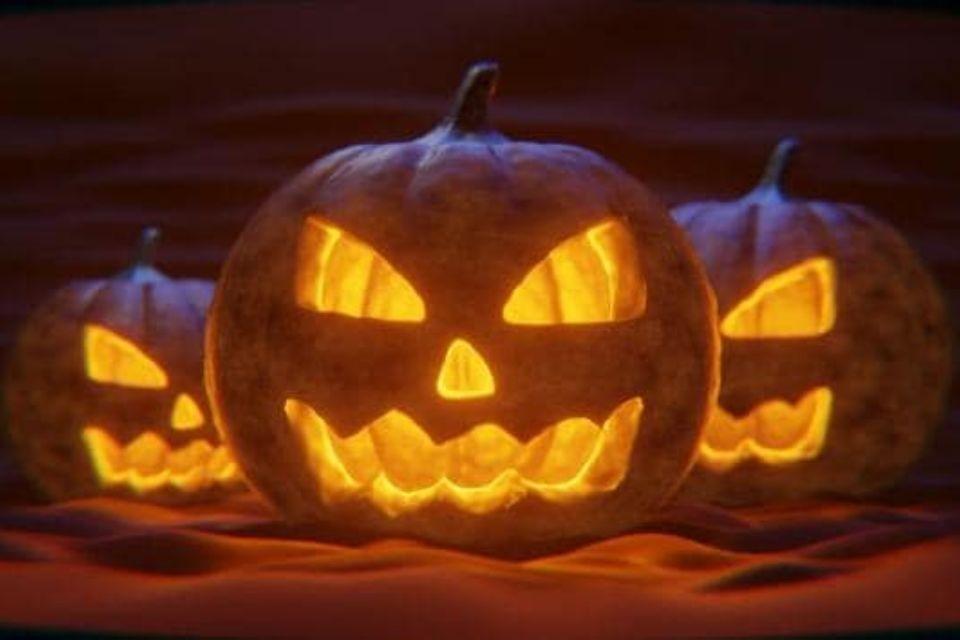As we clean off our Halloween decorations and look for last year’s costumes, many people in the UK are curious about why we celebrate Halloween and how the tradition started.
One of the most well-liked holidays in the United Kingdom is Halloween. It gives people the chance to dress up in creative Halloween costume ideas or watch one of the best Halloween movies for adults and kids while eating delicious Halloween foods. Modern Halloween activities like trick-or-treating and taking kids pumpkin picking seem to be all about fun, but the holiday has religious and historical roots that we’ve explained below.
What’s the point of Halloween?
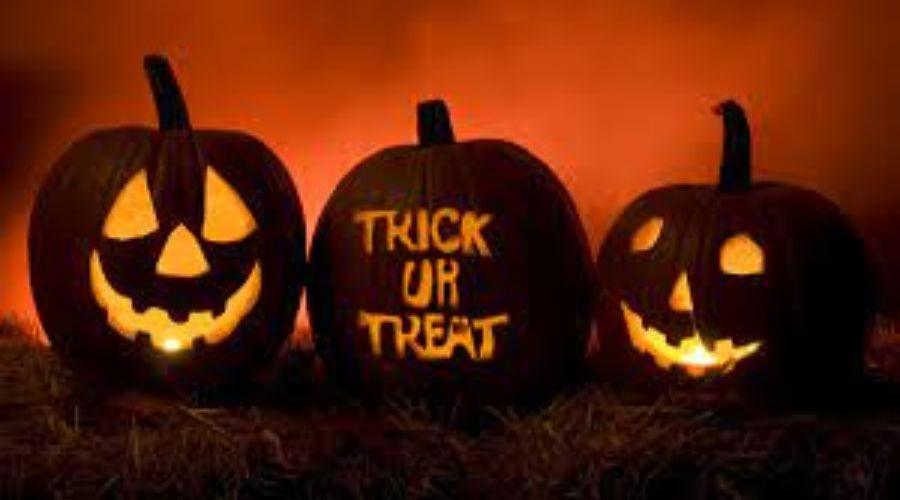
We celebrate Halloween because it has been a tradition in the UK for a very long time. It dates back more than 2,000 years to the ancient Celtic festival of Samhain.
During the festival, on November 1, the Celts celebrated the start of their new year. This cold day in winter marked the end of summer, the end of the harvest, and the start of the cold, dark winter, which they often thought of as a time of death. The Celts thought that on the night before this day, which was called Samhain back then and is now called October 31, the line between the worlds of the living and the dead opened up and ghosts came back to earth.
Later in the eighth century, Pope Gregory III made November 1 a day to honor all of Christianity’s saints and martyrs. He did this to get rid of paganism in the country. People celebrated All Souls’ Day in a way that was a lot like Samhain. Huge bonfires, costumes, and references to angels, devils, and saints were all there. The holiday was also called All Saints’ Day, and the night before it was called All Saints’ Eve.
Also Read : The UK’s Most Popular Halloween Costumes 2023
What do we do today to celebrate Halloween?
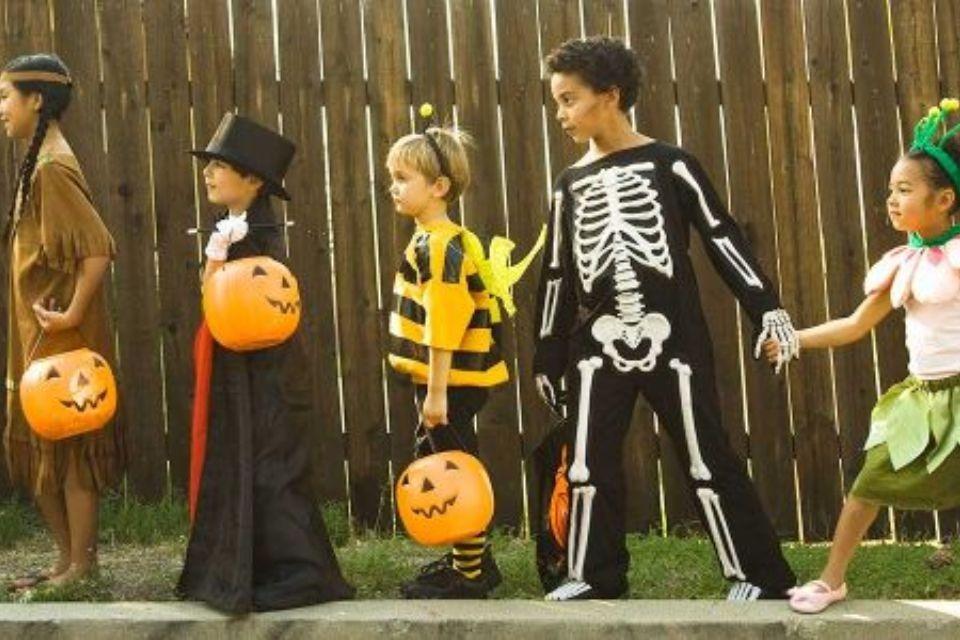
We still do a lot of the scary Halloween traditions, like dressing up as a couple, picking pumpkins, and eating tasty foods like classic pumpkin pie (opens in new tab). In the UK, it’s become common to have parties to celebrate this holiday, which is a great chance to get together for fun and Halloween games.
People all over the world celebrate Halloween, and each culture has its own way of doing so.
In Mexico, for example, the Day of the Dead (el Da de losMuertos) festival is held every year from October 31 to November 2. During this celebration, Mexican families invite the souls of their dead relatives back to eat, drink, and party with them.
What is Halloween really all about?
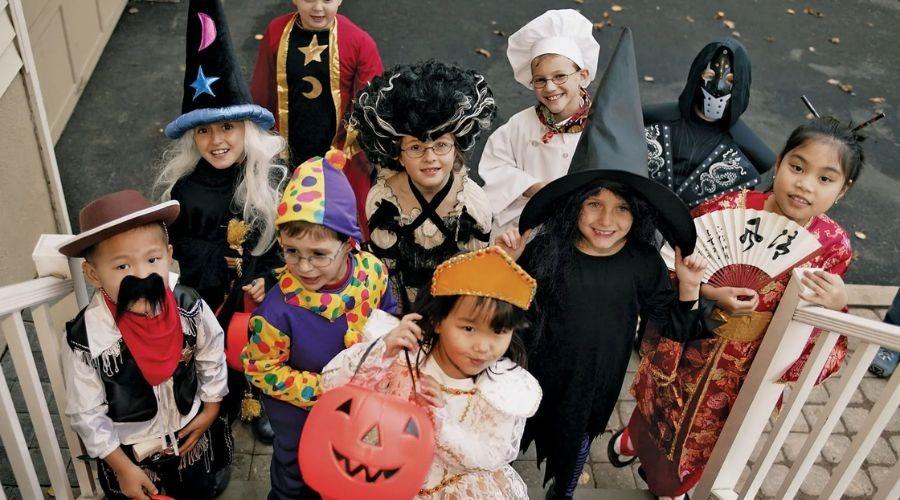
Even though Halloween no longer has much of a religious meaning in the UK, it was once a big day in the pagan calendar because it marked the end of summer.
Also, it was the Day of the Dead. Even though this might sound scary, the pagans didn’t fear death. They saw it as a normal part of life and used the time to remember and respect the dead.
During celebrations, the spirits of people who have died recently are asked to join in.
Also, people dress up, dance, and have bonfires. Samhain was also a way to celebrate the harvest during the “darker time of the year.” It may have been like the harvest festivals we have today.
Does Halloween have anything to do with religion?
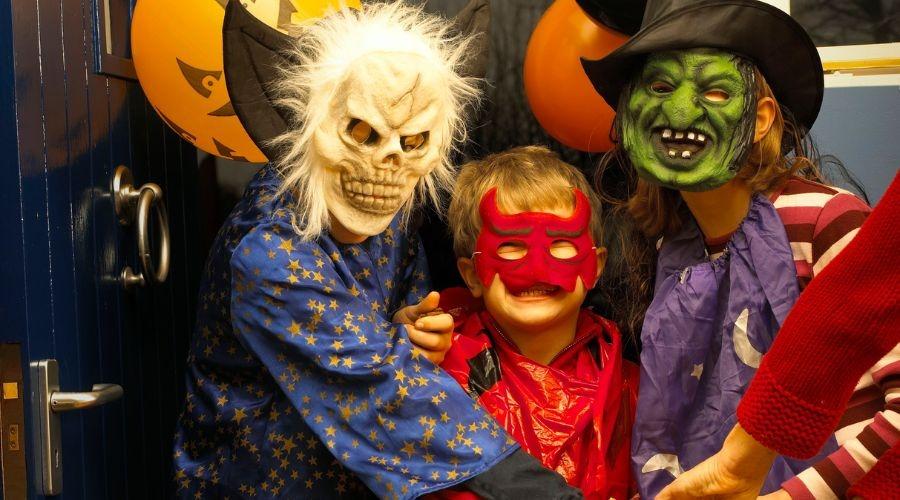
All Saints’ Eve is what Christians call Halloween. It is the day before All Saints’ or All Souls’ Day, which is also called All Hallows’ Day. The name comes from the Old English word “hallowed,” which means “holy” or “set apart.” This is where we got the name “Halloween” for the holiday.
As a result of Pope Gregory III’s decision in the eighth century to dedicate a chapel to all of the saints in St. Peter’s Basilica in Rome, the Western Church today commemorates All Saints’ Day on November 1. In the past, the Church would hold a vigil on All Hallows’ Eve, where people would pray and fast to get ready for the feast day.
Conclusion
You should put going to Halloween in the UK on your list of things to do. Even though some things are different this year, Halloween 2020 looks like it will be even scarier and more fun.
to find out more, go to the official website of Findwyse




